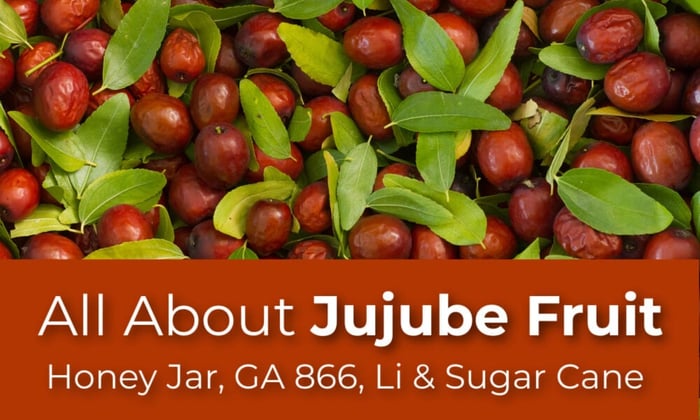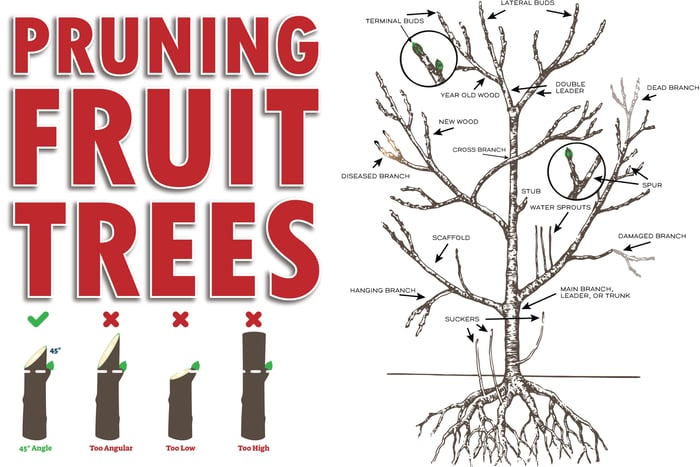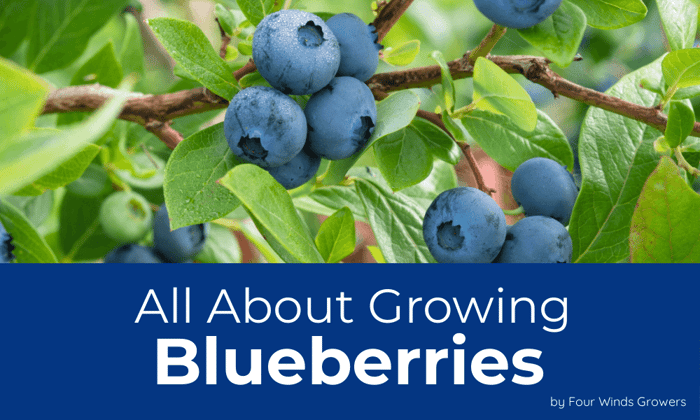The Jujube fruit goes by many names, including Indian Plum, Chinese Date, Chinese Olive, Red Date, Indian Jujube, and Malay Jujube. This may be because of its long history of cultivation. Jujubes are said to have first been domesticated over 10,000 years ago in South Asia, where they were favored for their vigorous growing habits, adaptability to harsh climates, and disease resistance.
There are now several hundred cultivars of this adaptable fruit tree, many of which are perfectly suited for your backyard orchard.
Jujubes can grow as bushy shrubs (6’-12’) or trees (10’-30’) depending on variety, growing conditions, and pruning. These tall trees have wide-spreading, gracefully drooping, zigzagging branches set with small smooth leaves and short, curved spines.
Adaptable to temperatures as low as −20 °F. The fruit can grow almost anywhere. There are almost no pests or diseases that affect this tree in North America. This allows jujubes to maintain good health and live long fruitful lives.
Jujube fruit comes in a variety of shapes, sizes, and colors. The round or oblong fruit can have smooth, rough, or glossy skin. This thin but tough-skinned fruit starts off green then slowly ripens through the summer going to yellow, then gets burnt orange blotches, and finishes reddish brown. The final ripe color will vary depending on the variety. This beautiful colored fruit protects a delectable fruit flesh and a rough central pit within.
As Jujubes ripen, they go from crisp, juicy, acidic, and sweet flavors to an even sweeter, softer, and slightly mealy texture. Overripe fruit is wrinkly, soft, and spongy. Once dried, the fruit becomes chewy in texture like dates, only a bit less sweet. They can be eaten fresh, cooked, candied, and even dried.
Ripe fruit is delightfully sweet and almost apple-like in flavor and texture with its firm, crunchy flesh. Avoid eating unripe fruit as they are very acidic, chalky, and astringent in flavor because of the undeveloped sweetness.
All in all, jujubes are a great addition to your backyard orchard. They are a unique fruit tree that is incredibly flavorful and easy to grow.
Check out Growing Fruit Trees for more info
Author: Israel Osuna
Source: https://www.hort.purdue.edu/newcrop/morton/indian_jujube.html
Source:https://npgsweb.ars-grin.gov/gringlobal/taxon/taxonomydetail?id=42282




